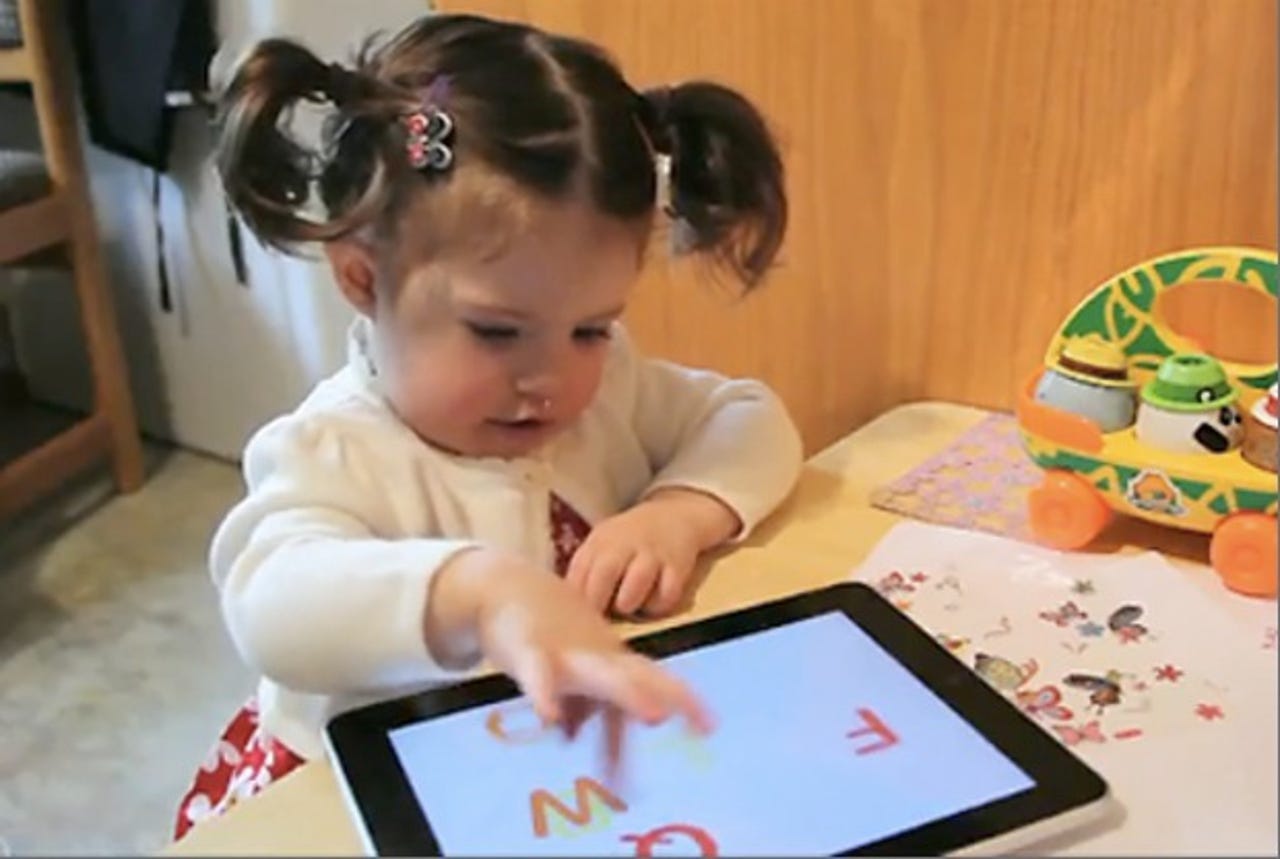One in five children meet strangers from the Web: study


We often tell our children never to talk to strangers, but it seems the open social work and chat facilities offered by the Internet is luring young kids into potentially dangerous behaviours.
According to a new survey on Internet use conducted by the Safe and Secure Online program, almost one in five young children, many between the ages of nine and 11, have met somebody they only knew previously from the Web.
Featured
As reported by the Guardian, when meeting these figures, half went alone to parks, cinemas, fast food chains and private addresses. For the 50 percent who took someone they knew with them, only half of these companions were parents.
The survey involved 1,162 children in 15 primary schools in the United Kingdom. Almost a fifth said they had no schooling on safe Internet use, a significant majority surfed online without parental supervision, and 12 percent said any attempts at safety lessons were useless.
Many of the children surveyed pretended to be older while chatting. However, considering the children filled out these surveys themselves, we have to account for some false claims and potential bravado -- as five percent said they portrayed themselves online as aged 26 or over.
See also: ZDNet Great Debate: Should parents spy on their kids?
Despite rules on social media sites that prevent children from signing up based on their age or without parental consent, most children still circumvent these rules with ease. A third said parents had set up accounts for them -- but ten percent said they signed up as aged between 16 and 18, and seven percent used the accounts of friends or siblings instead.
While 18 percent stated that parents had to be present when they logged in to social media, 15 percent said their online activities were never monitored.
Creator of the survey, information security professional and school governor Tim Wilson told the publication:
"Bringing the family computer into the living room and having open conversations about potential online dangers will help them play a more active role in the relationships children are increasingly starting online. Parents should ensure their child is comfortable enough to discuss seeing something they shouldn't online.
For teachers and schools, the results point to an urgent need for more education on Internet safety."
There's no easy answer to how far parents should monitor their child's online activity. However, when you consider children that are so young -- rather than teenagers -- it begs the question as to why they have access to social media accounts in the first place, and why some parents are allowing them to use the Web unsupervised long enough to talk, and potentially meet, digital entities removed from their personal, physical networks.